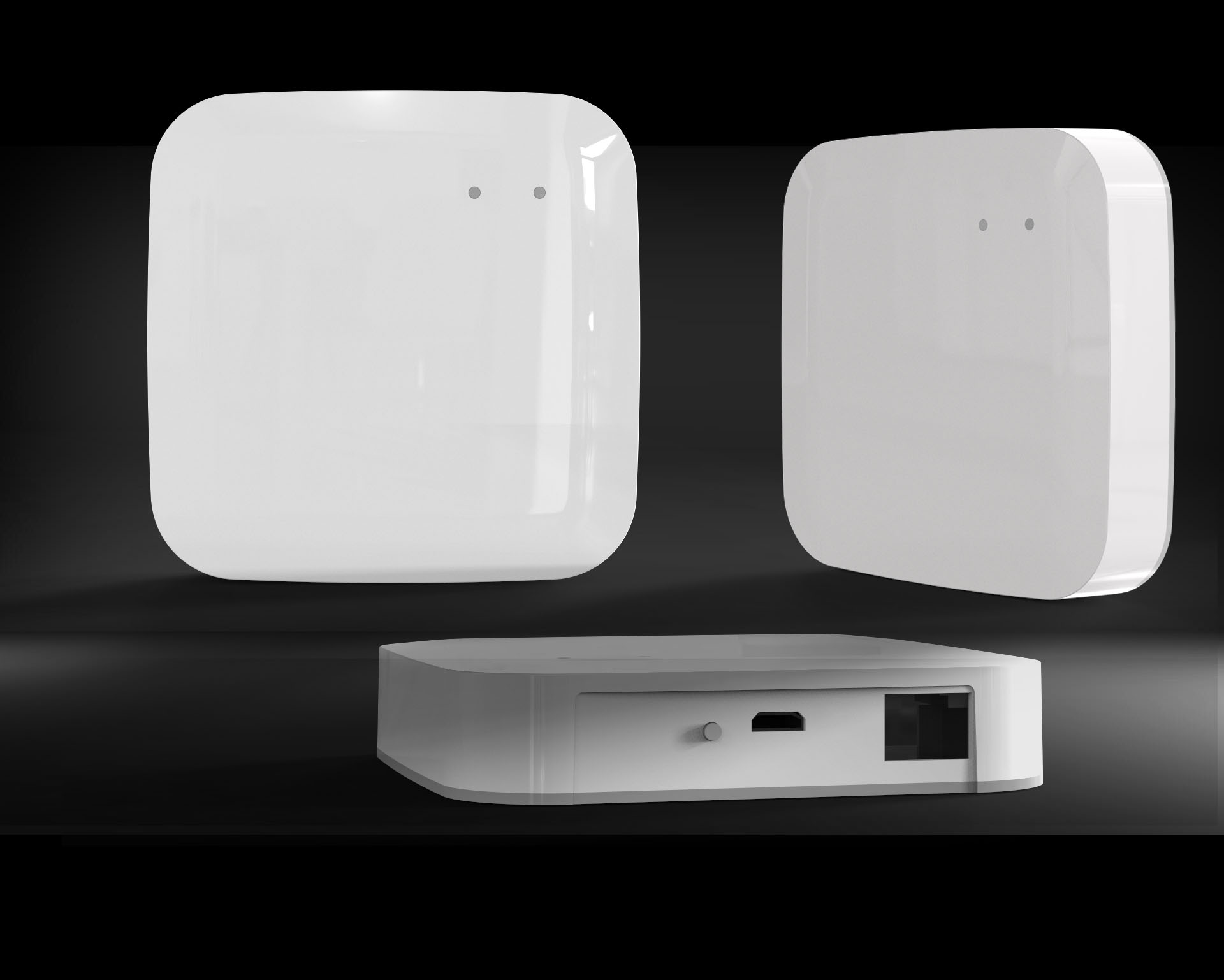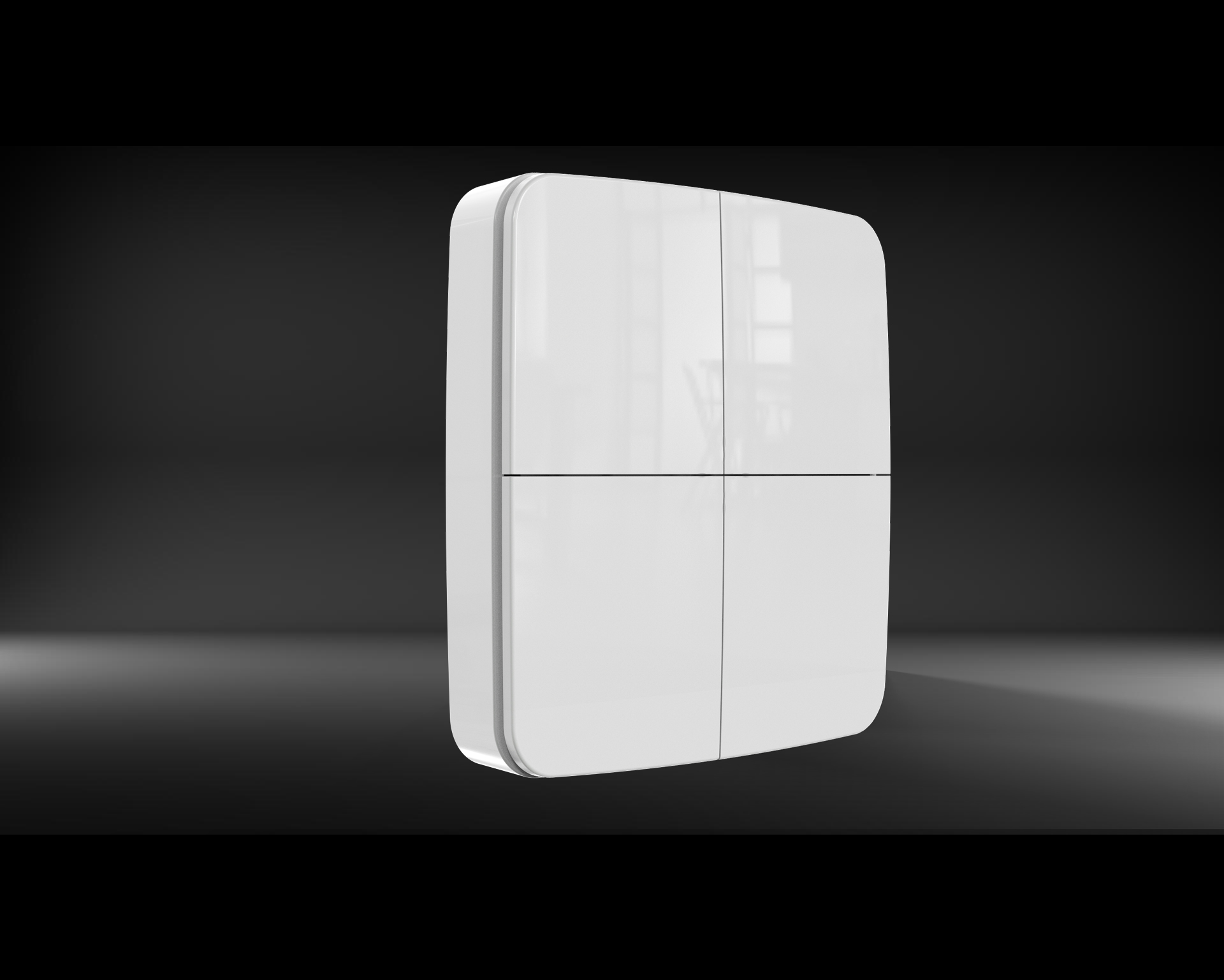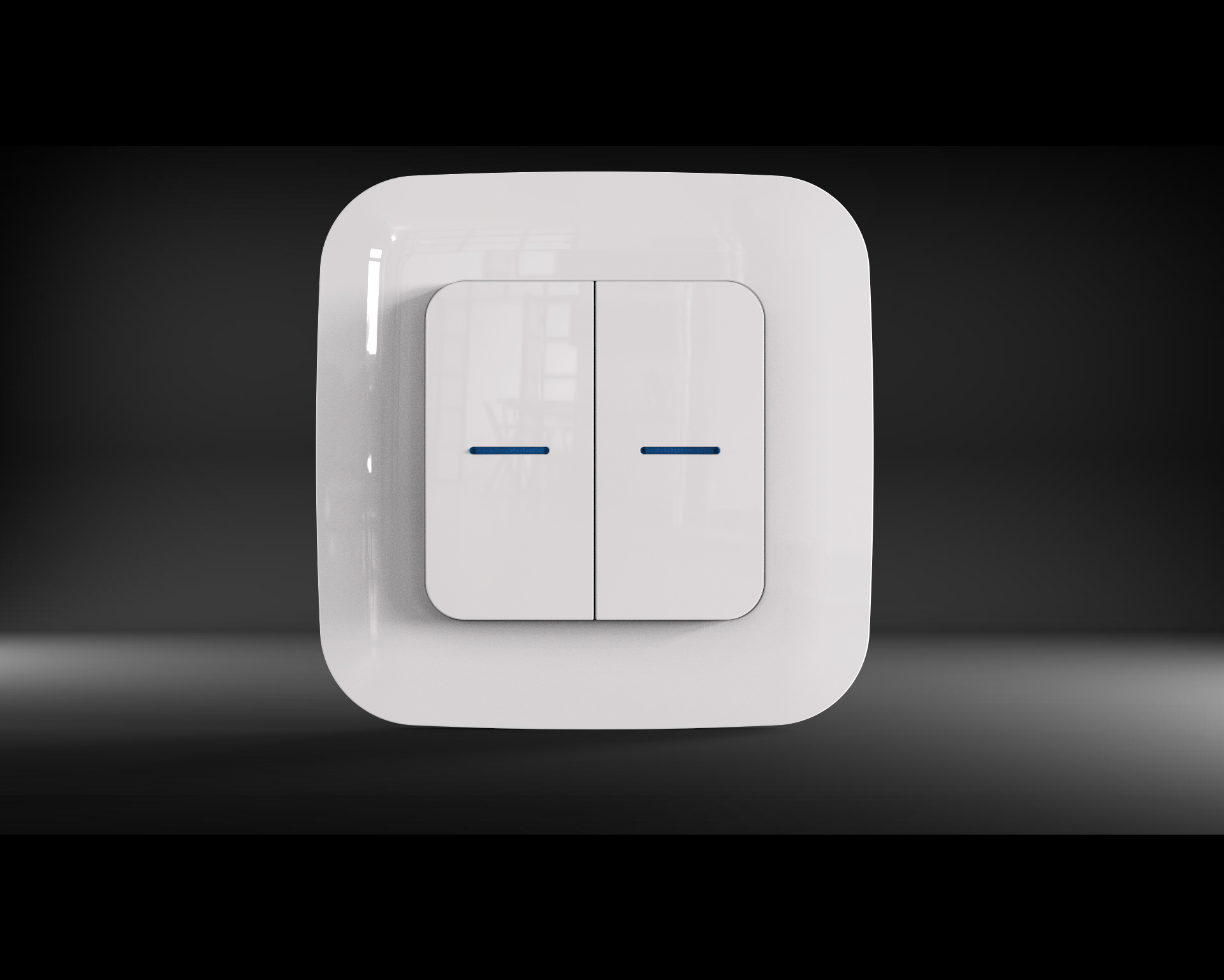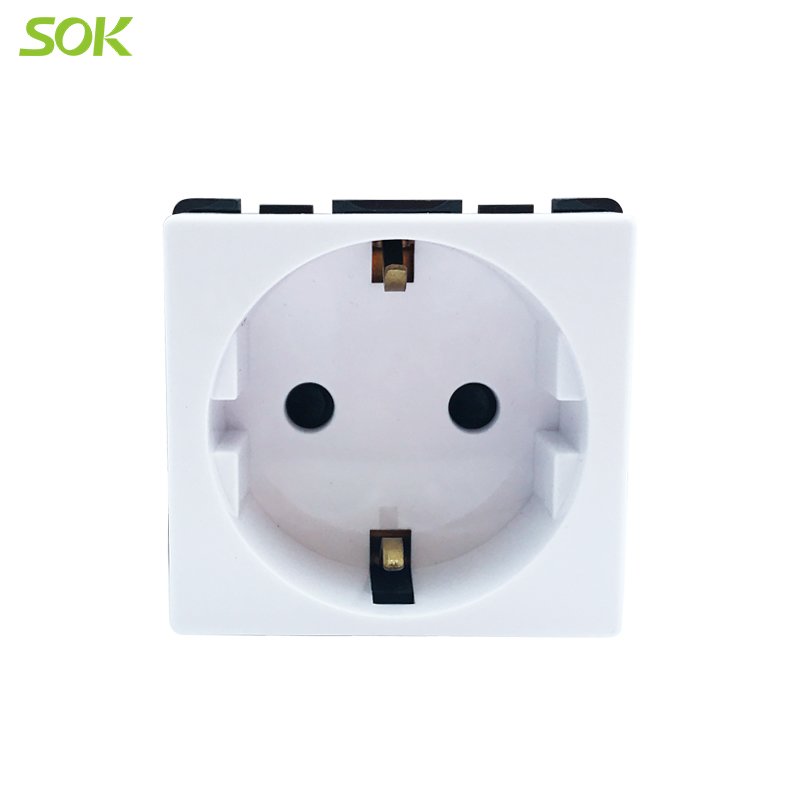As smart home technology continues to evolve, homeowners are increasingly curious about the compatibility of smart switches with their existing light fixtures. Smart switches offer convenient control over lighting and electrical devices, but it's essential to understand whether they can seamlessly integrate with various types of light fixtures. Understanding the possibilities of using a smart switch with different fixtures can better help you use it properly.
Smart Switches
Smart switches are intelligent devices that replace traditional light switches and offer additional features such as remote control, automation, and integration with other smart home devices. They are designed to enhance convenience, energy efficiency, and overall control over your home's lighting.
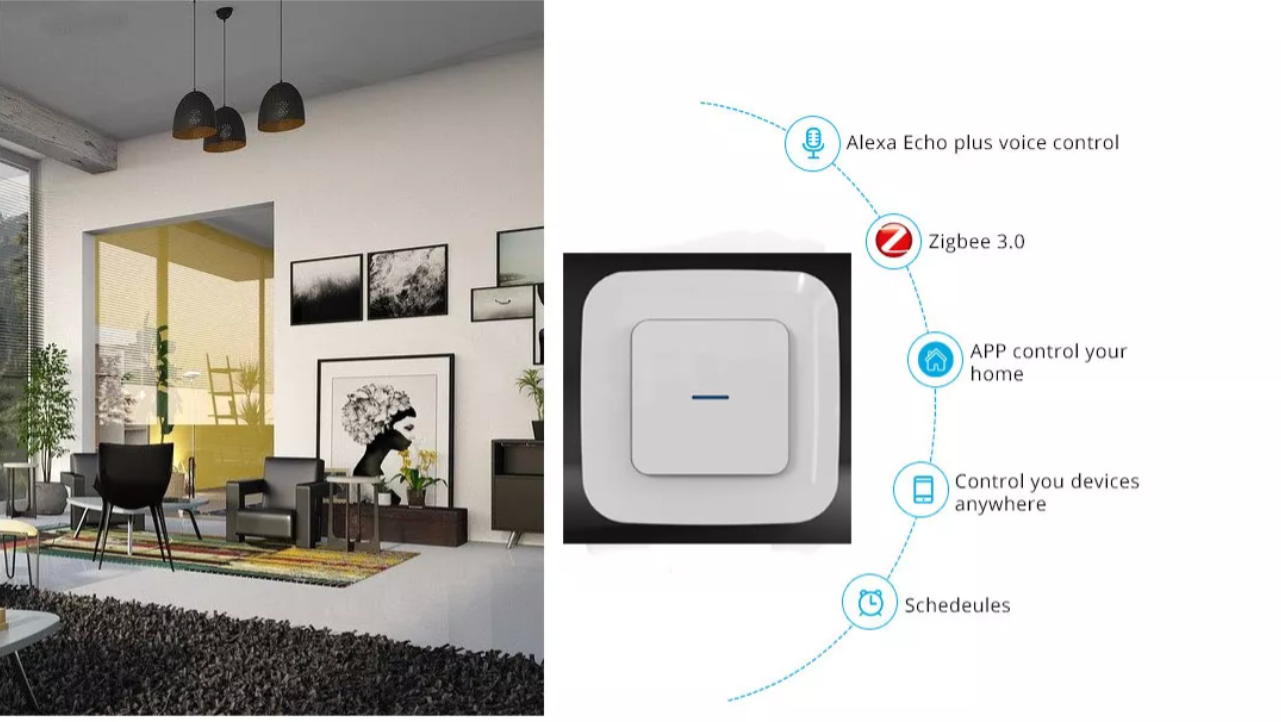
Are Smart Switches Compatible with Different Light Fixtures?
Smart switches are designed to be compatible with a wide range of light fixtures, making them a versatile solution for modern homes. Whether you have incandescent bulbs, LED bulbs, CFL bulbs, or even dimmable bulbs, smart switches can often be used to control and automate these different types of fixtures.
To determine the compatibility of smart switches with specific light fixtures, it is advisable to consult the manufacturer's information. Manufacturers often provide compatibility lists or guidelines indicating the types of bulbs or fixtures that work well with their smart switches.
The compatibility of smart switches with various light fixtures primarily depends on a few key factors:
● Bulb Types
Most smart switches work well with standard incandescent bulbs and LED bulbs, which are the most common types used in households today. These switches can also generally support CFL bulbs, although it's worth checking the compatibility information provided by the manufacturer to ensure a smooth operation.
● Dimmable Fixtures
If you have dimmable light fixtures, it's important to choose a smart switch specifically designed for dimming functionality. Not all smart switches are capable of dimming, so be sure to verify that the switch you select supports dimming if you wish to control the brightness levels of your lights.
● Load Capacity
Different smart switches have varying load capacities, which refer to the maximum wattage they can handle. It's crucial to check the specifications of the smart switch to ensure it can support the wattage of your light fixture. This information is typically provided by the manufacturer and can guide you in choosing the appropriate switch for your specific needs.
● Wiring Compatibility
Smart switches require a neutral wire for installation. While most modern homes have neutral wires available, older homes may lack this wiring feature. Before purchasing a smart switch, it's important to ensure that your electrical setup includes a neutral wire to ensure compatibility.
● Communication Protocols
Smart switches employ various communication protocols such as Wi-Fi, Zigbee, or Z-Wave. It's essential to ensure that the smart switch you choose is compatible with your existing smart home hub or the communication protocol supported by your other smart devices. Checking the manufacturer's specifications and compatibility information will help ensure seamless integration within your smart home ecosystem.
While smart switches generally offer broad compatibility with different types of light fixtures, it's always recommended to consult the manufacturer's guidelines and compatibility information specific to the smart switch you intend to use. This will provide detailed insights and ensure that you choose a smart switch that aligns with your specific lighting needs.


